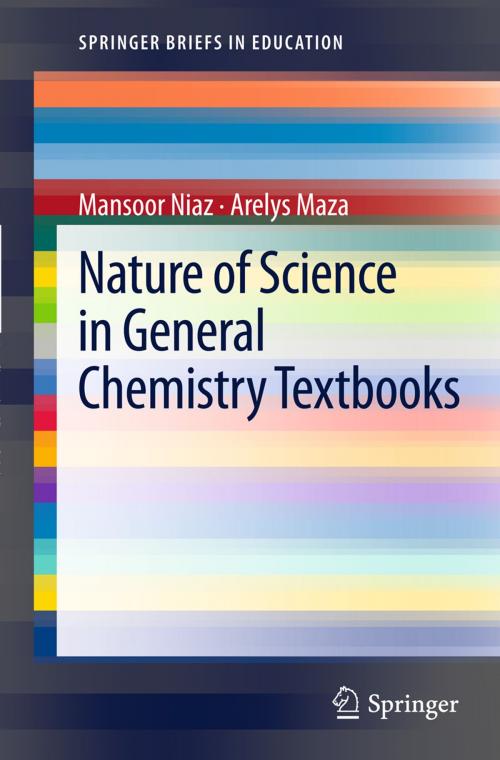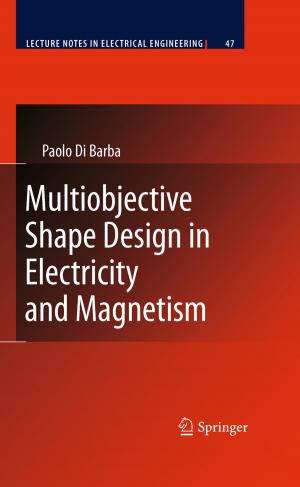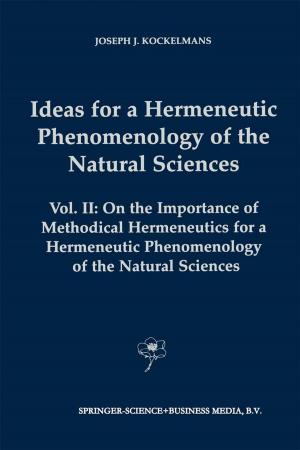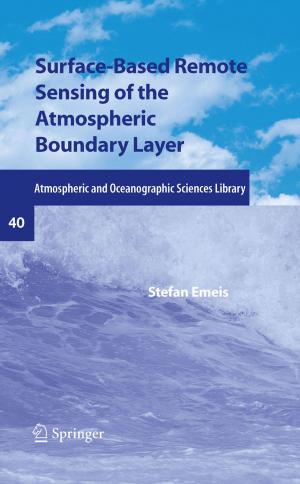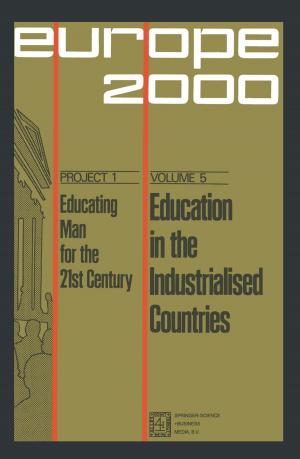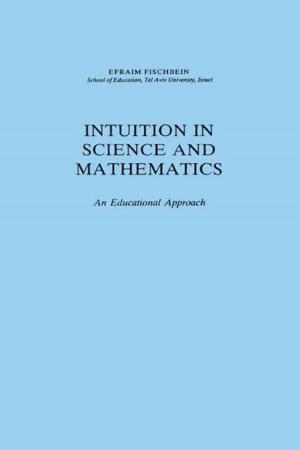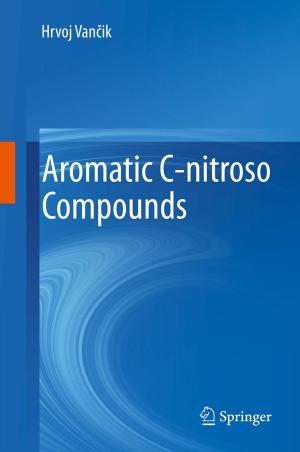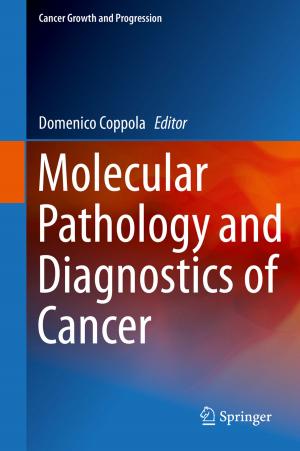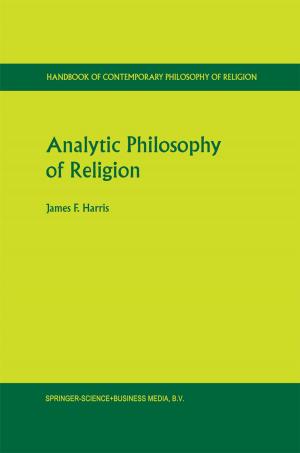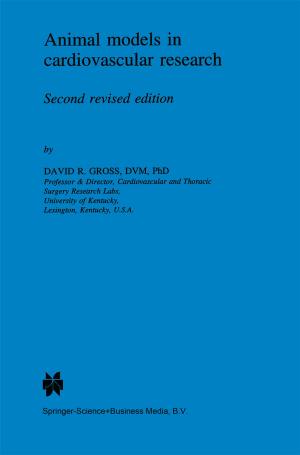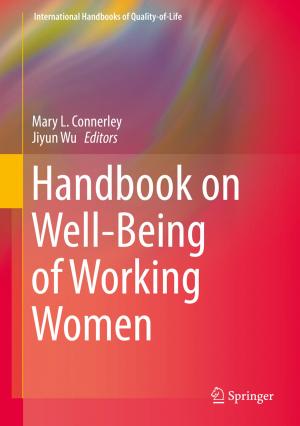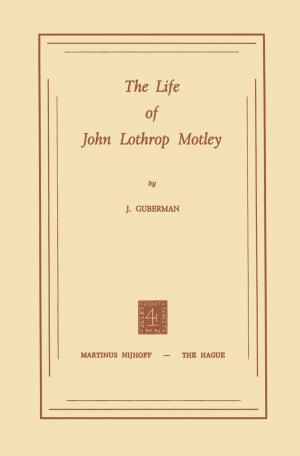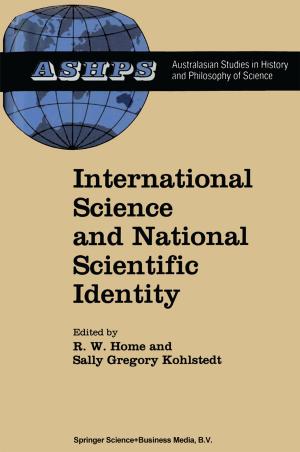Nature of Science in General Chemistry Textbooks
Nonfiction, Science & Nature, Science, Other Sciences, Study & Teaching, Reference & Language, Education & Teaching, Educational Theory, Educational Psychology| Author: | Mansoor Niaz, Arelys Maza | ISBN: | 9789400719200 |
| Publisher: | Springer Netherlands | Publication: | July 15, 2011 |
| Imprint: | Springer | Language: | English |
| Author: | Mansoor Niaz, Arelys Maza |
| ISBN: | 9789400719200 |
| Publisher: | Springer Netherlands |
| Publication: | July 15, 2011 |
| Imprint: | Springer |
| Language: | English |
Research in science education has recognized the importance of history and philosophy of science (HPS). Nature of science (NOS) is considered to be an essential part of HPS with important implications for teaching science. The role played by textbooks in developing students’ informed conceptions of NOS has been a source of considerable interest for science educators. In some parts of the world, textbooks become the curriculum and determine to a great extent what is taught and learned in the classroom. Given this background and interest, this monograph has evaluated NOS in university level general chemistry textbooks published in U.S.A. Most textbooks in this study provided little insight with respect to the nine criteria used for evaluating NOS. Some of the textbooks, however, inevitably refer to HPS and thus provide guidelines for future textbooks. A few of the textbooks go into considerable detail to present the atomic models of Dalton, Thomson, Rutherford, Bohr and wave mechanical to illustrate the tentative nature of scientific theories --- an important NOS aspect. These results lead to the question: Are we teaching science as practiced by scientists? An answer to this question can help us to understand the importance of NOS, by providing students an HPS-based environment, so that they too (just like the scientists) feel the thrill and excitement of discovering new things. This monograph provides students and teachers guidelines for introducing various aspects of NOS, based on historical episodes.
Research in science education has recognized the importance of history and philosophy of science (HPS). Nature of science (NOS) is considered to be an essential part of HPS with important implications for teaching science. The role played by textbooks in developing students’ informed conceptions of NOS has been a source of considerable interest for science educators. In some parts of the world, textbooks become the curriculum and determine to a great extent what is taught and learned in the classroom. Given this background and interest, this monograph has evaluated NOS in university level general chemistry textbooks published in U.S.A. Most textbooks in this study provided little insight with respect to the nine criteria used for evaluating NOS. Some of the textbooks, however, inevitably refer to HPS and thus provide guidelines for future textbooks. A few of the textbooks go into considerable detail to present the atomic models of Dalton, Thomson, Rutherford, Bohr and wave mechanical to illustrate the tentative nature of scientific theories --- an important NOS aspect. These results lead to the question: Are we teaching science as practiced by scientists? An answer to this question can help us to understand the importance of NOS, by providing students an HPS-based environment, so that they too (just like the scientists) feel the thrill and excitement of discovering new things. This monograph provides students and teachers guidelines for introducing various aspects of NOS, based on historical episodes.
